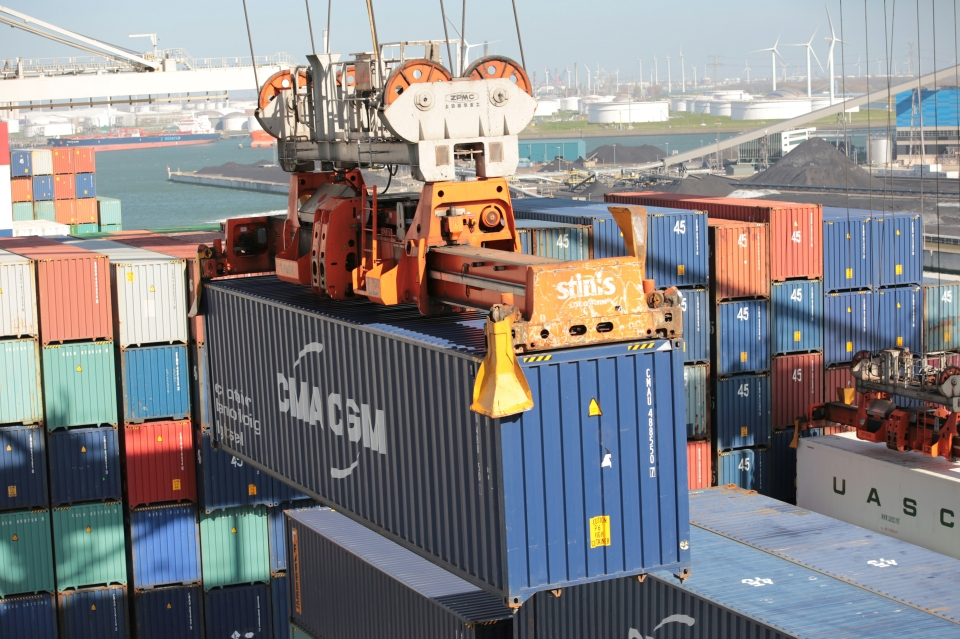The Rotterdam School of Management (RSM, Erasmus University), FERM Rotterdam, and knowledge institutions and companies from the Rotterdam maritime sector have joined forces for a new research project on cyber security. Together, they will help large and small companies near the port of Rotterdam to identify and, where possible, address vulnerabilities.
The project is funded by TKI Dinalog, part of the Top Sector Logistics, under the innovation programme CyberSecurity4 NL. The project starts in response to new regulations on cyber security to be introduced in 2024. As part of these regulations, a duty of care will arise for companies to conduct their own cyber security risk analyses, among other things. This may include a focus on risks and vulnerabilities arising in the chain.
‘Chains in the maritime sector are complex, non-hierarchical and contain special parties that fulfil unique roles,’ says Evelien Bras, director FERM Rotterdam. ‘Identifying cyber vulnerabilities in business ecosystems in the maritime sector and port is therefore of great importance. During the project, a broader group of organisations in and around the port will therefore be involved. This research is going to help us strengthen our approach and make it more effective.’
Also read: DNV: New technology may pose threat to safety at sea
Strengthening cyber resilience port complex Rotterdam
Together with knowledge parties NHL Stenden (lecturer Maritime IT Security, Dr Stepen McCombie) and TU Delft (chair of Cyber Governance, Prof Michiel van Eeten), research is being conducted into the mapping of chains for a number of crucial processes in the port, specific governance issues arising from the involvement of various national and local regulators, and the way in which small and medium-sized enterprises can be effectively involved in cyber resilience initiatives.
Prof Albert Veenstra, Professor of Commerce and Logistics, RSM, project leader: ‘The funding from the CS4NL programme gives us the unique opportunity to help the maritime sector around Rotterdam take crucial steps in developing their cyber resilience.’
Also read: Only slight impact of Red Sea unrest on Rotterdam throughput
Consortium
The consortium for the research project consists of the following parties: Erasmus University Rotterdam – Rotterdam School of Management, Erasmus UPT, TU Delft Faculty of TBM, NHL Stenden Lectoraat Maritime IT Security, FERM, Schuberg Philis, Kotug, Lloyd’s Register, Platform Veilig Ondernemen, Municipality of Rotterdam, SmartPort. The Port of Rotterdam Authority supports the project, coordinating its approach through FERM. In addition, the Province of South Holland is funding additional activities of Erasmus UPT.
Picture by RSM/FERM.
Also read: Ongoing research at universities of applied sciences – Working man blues








